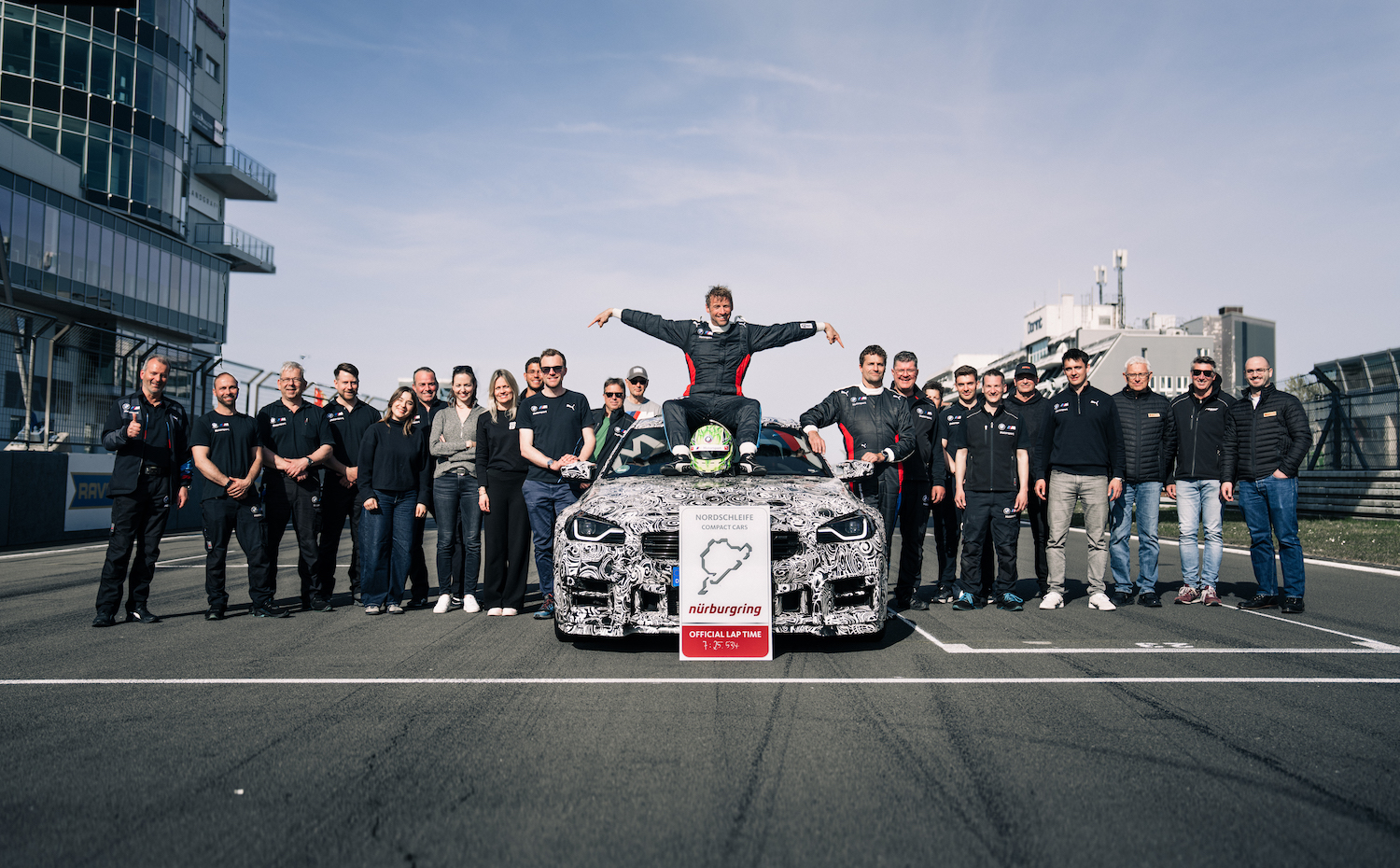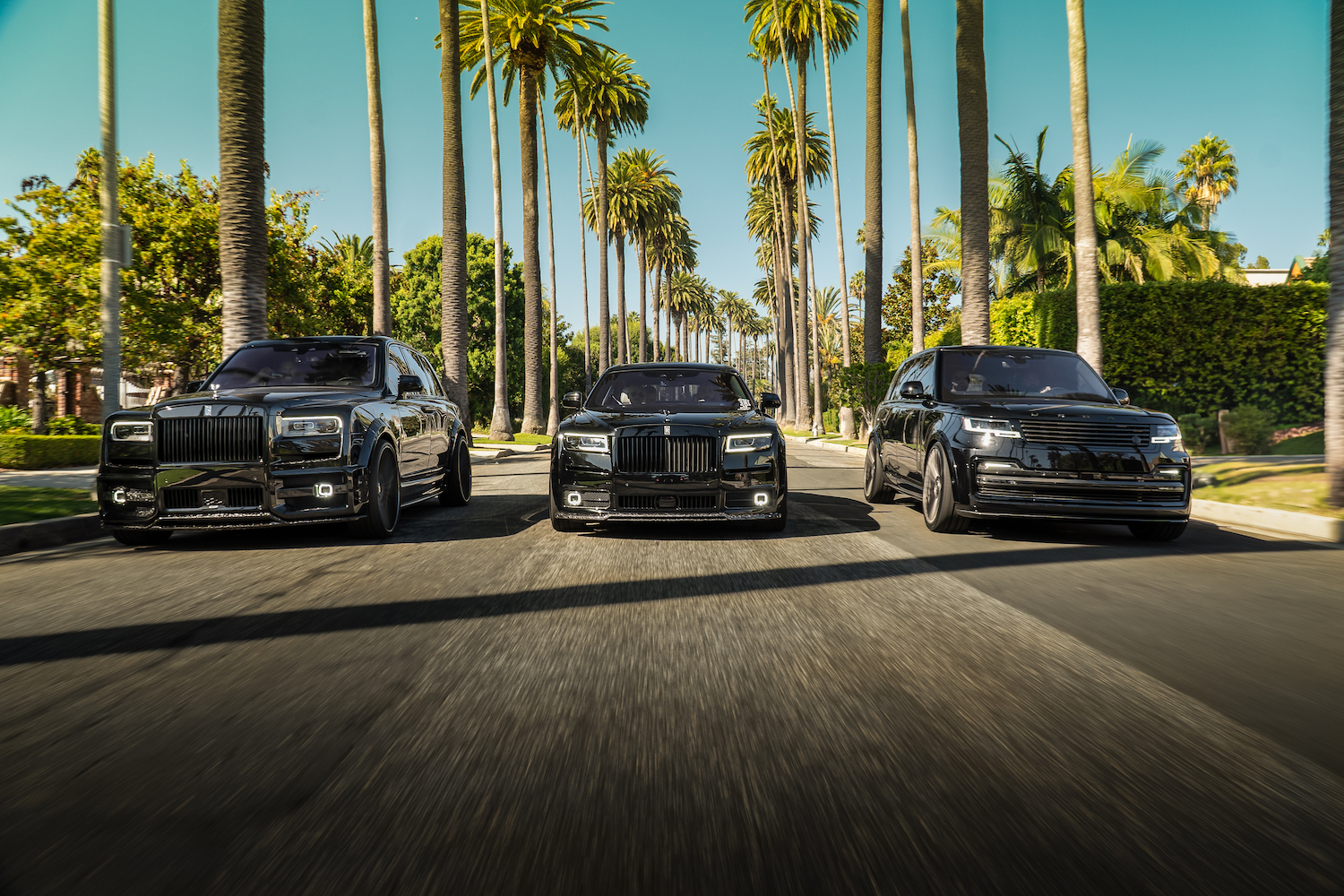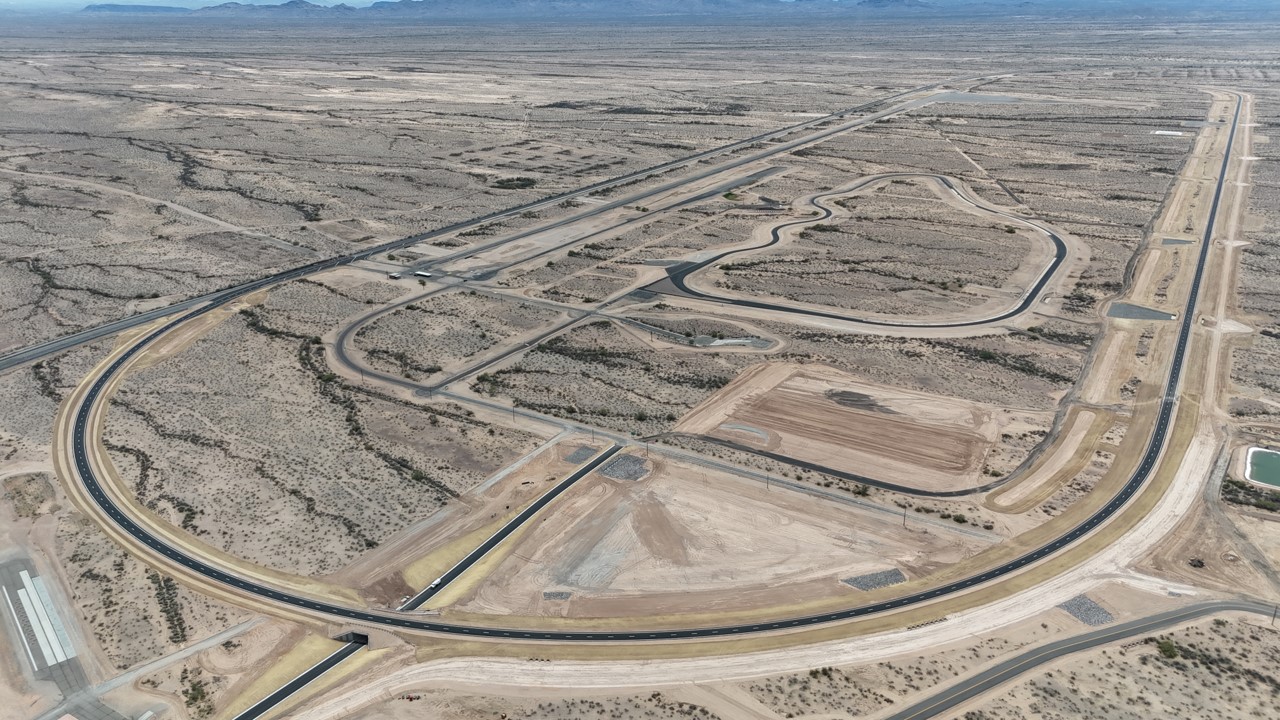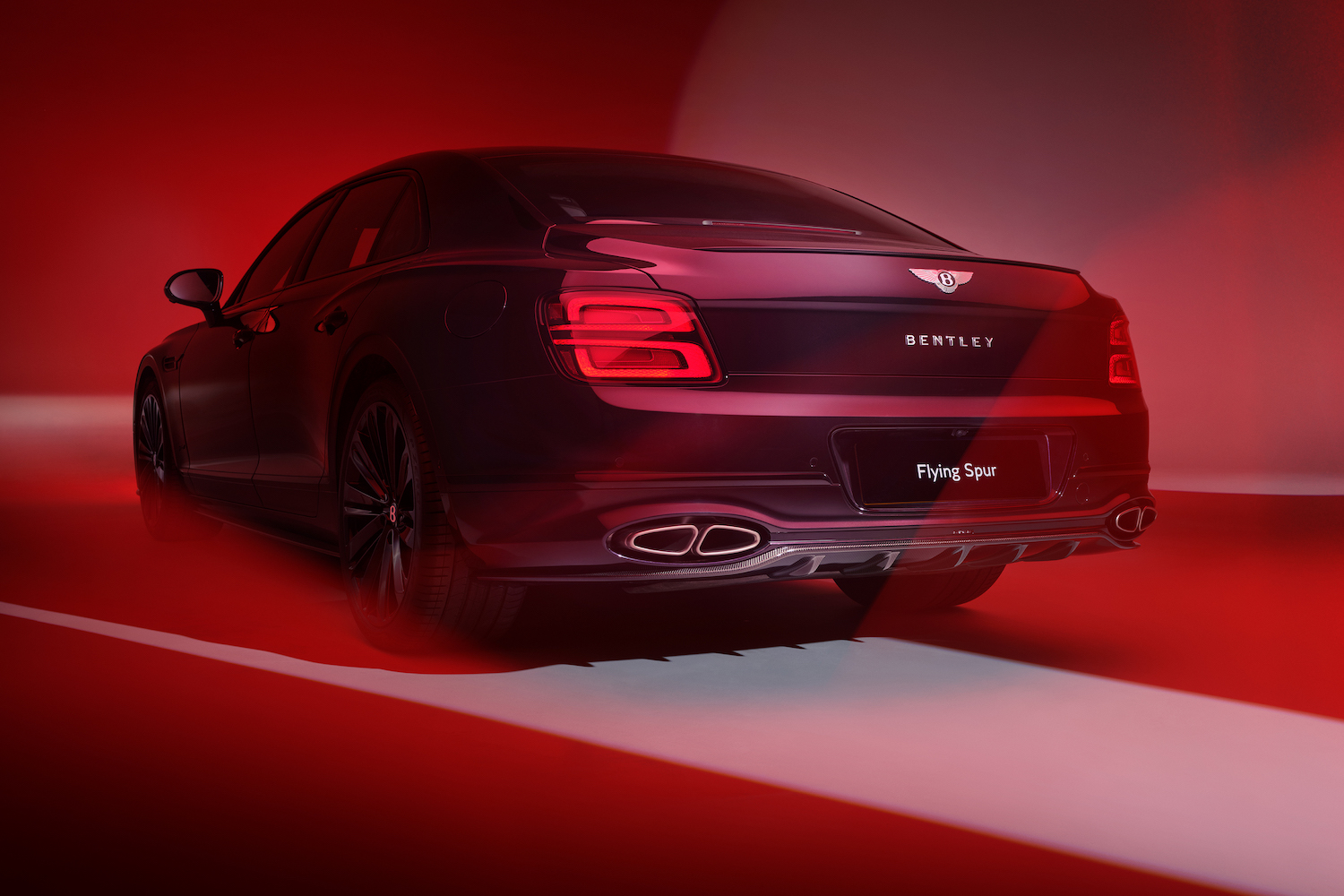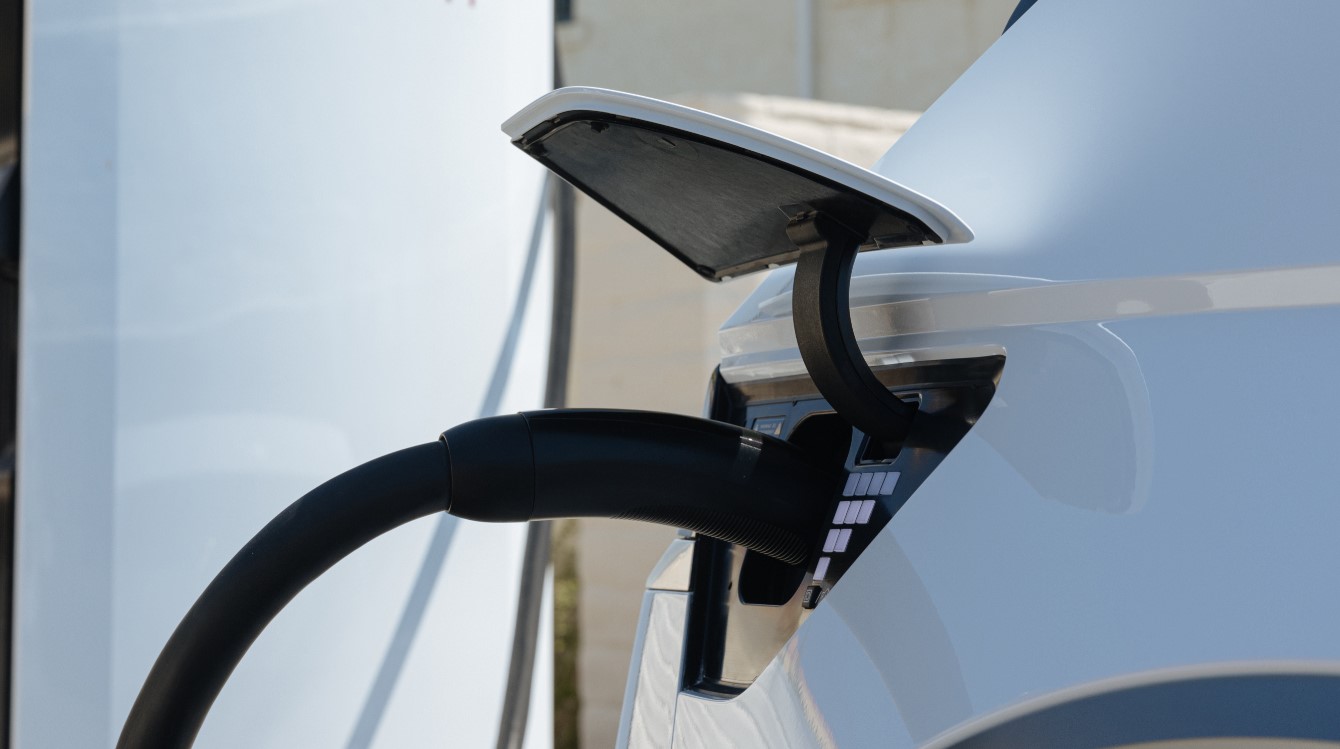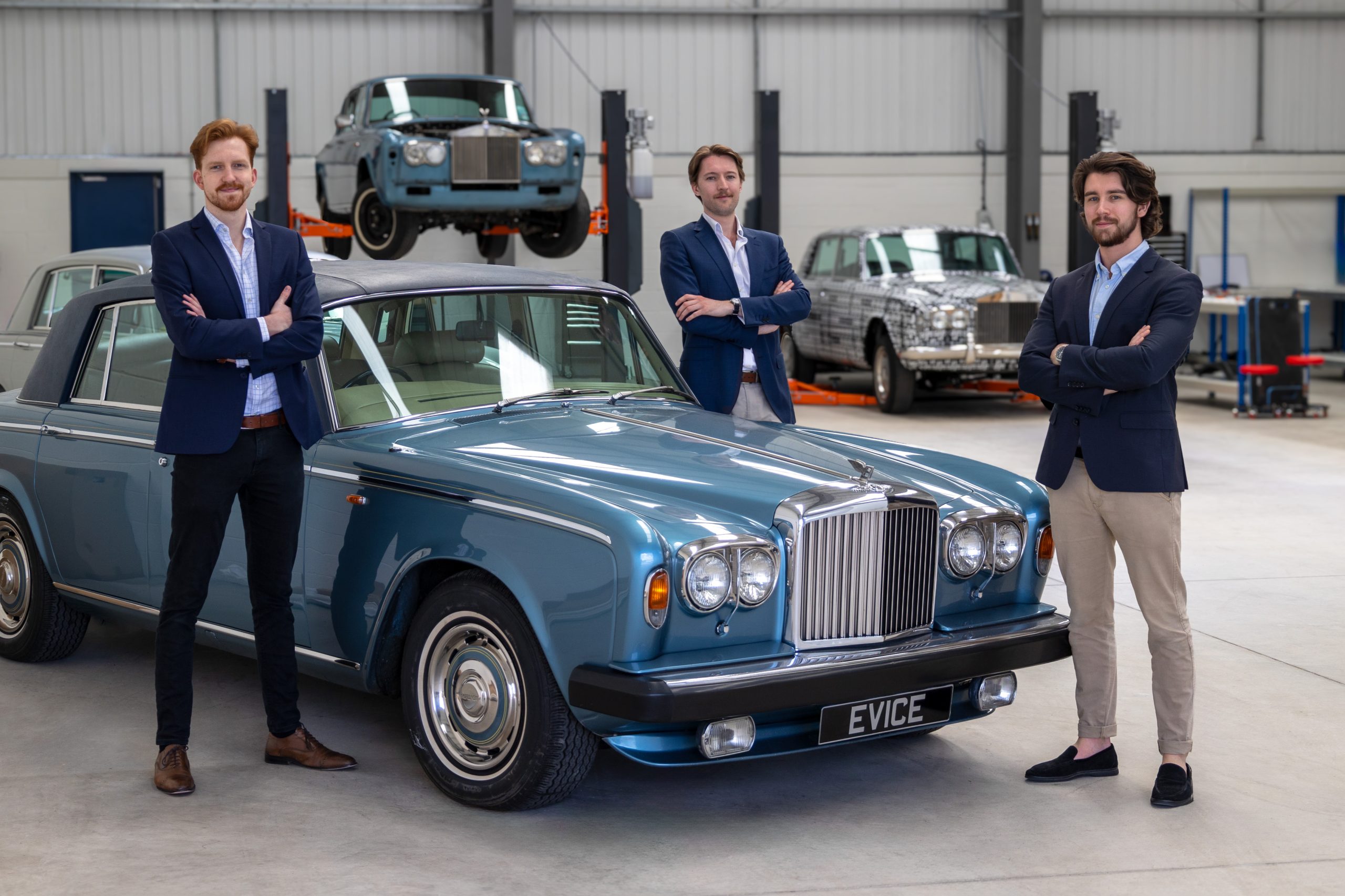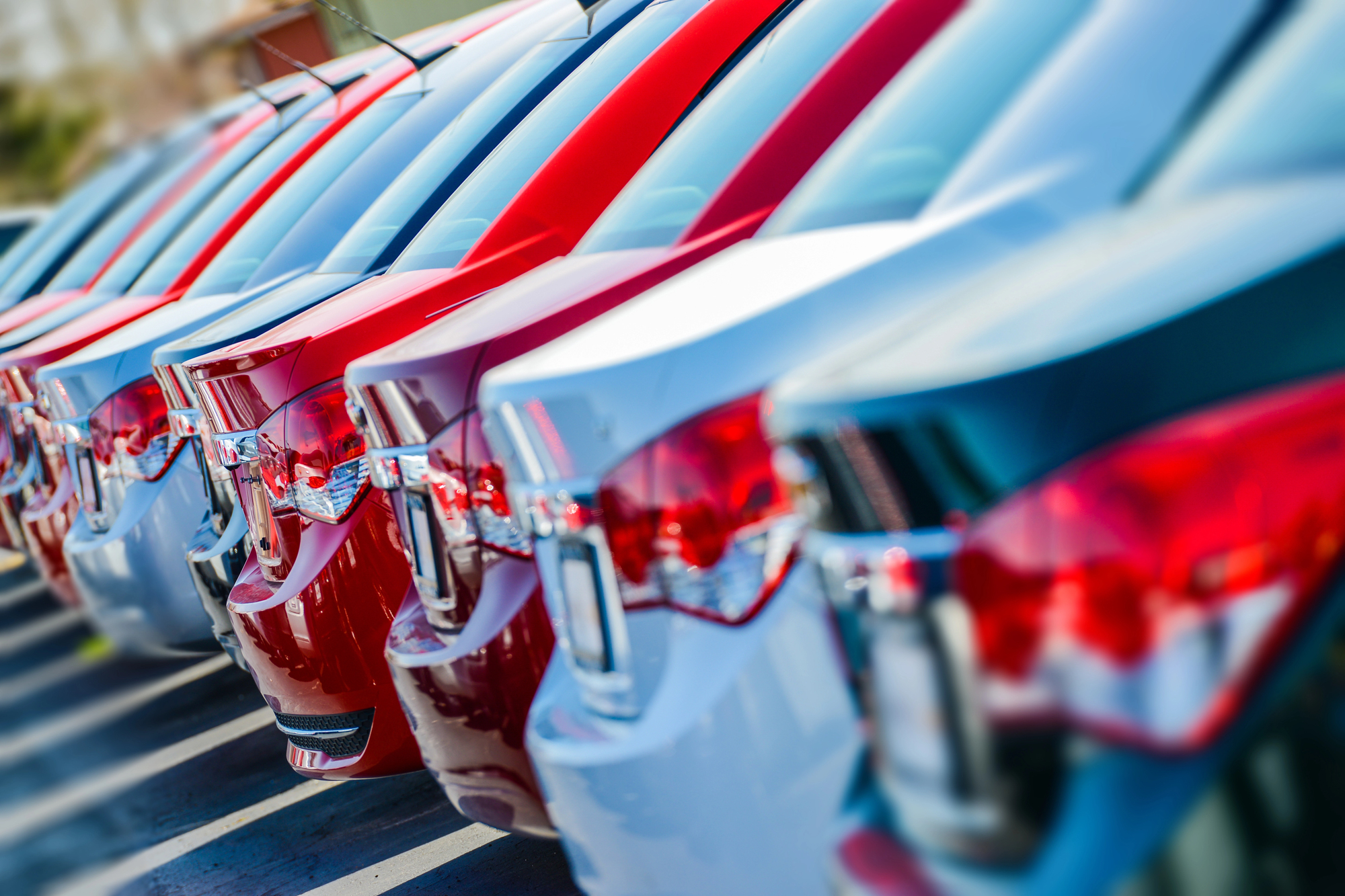Motorists urged to avoid falling foul of vehicle cloning scammers
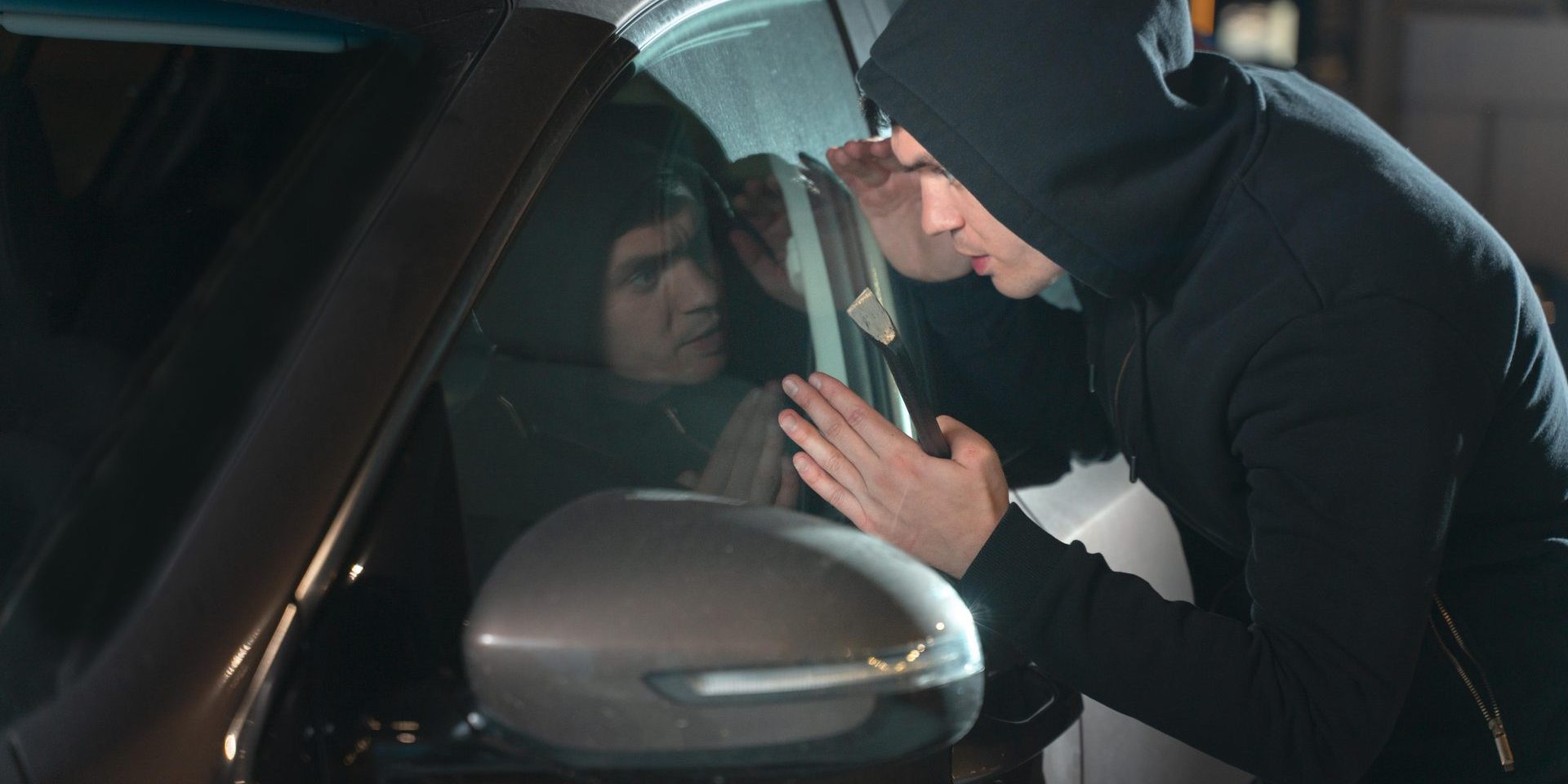
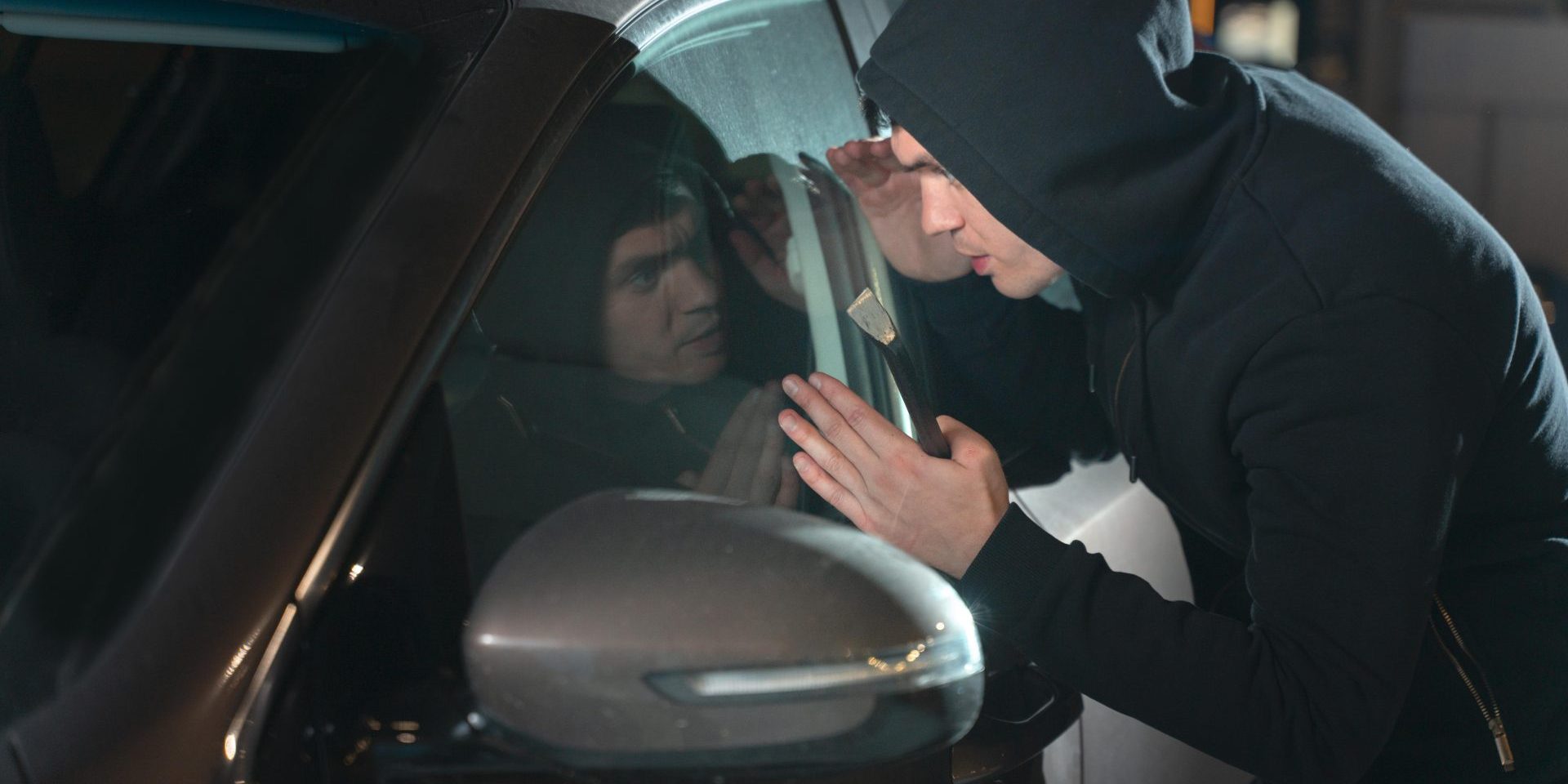
Motorists must guard against unscrupulous car cloning criminals to avoid fines and penalties for offences they’ve not committed, warns leading vehicle data and valuation specialist HPI.
Criminals use cloned registration plates to avoid detection via police automated number plate recognition (ANPR) systems, which can have serious financial implications for drivers and passenger safety.
As there is no longer a requirement for a tax disc to be displayed in a vehicle’s windscreen showing the correct registration plate number, it is easier for a criminal to disguise a stolen car using false plates already in use on a legally taxed vehicle – ideally for the same make, model and colour of car.
To buy a registration plate in the UK, car owners must have the vehicle’s log book, a driver’s licence and proof of address. However, it is possible to purchase ‘show plates’ on the internet or over the phone without documentation. Once acquired, there’s nothing to stop show plates being used on the road, albeit fraudulently.
Show plates can be bought easily and legally for around £20, usually with same-day dispatch.
Stacey Ward, senior data director at HPI, commented: “Cloning disguises the identity of a stolen car which is sold to an unsuspecting victim. However, we also see petty criminals cloning cars to avoid congestion charges and offences such as speeding tickets and parking fines whilst organised gangs continue to use them to commit more serious crimes.
“Cloning creates trouble for the owners or registered keepers of the cars that have been cloned but also used car buyers who innocently purchase a cloned vehicle. They may lose the car and their own money when it’s returned to the registered keeper by the police. A cloned car can also hide other potentially dangerous issues, such as falsified mileage readings or even being previously written off after an accident, which can have serious safety implications for drivers, passengers and other road users.
“If you are looking to buy a second-hand car, it is vital to carry out a HPI Check beforehand. This will reveal if the car registration plates have been cloned. It will also identify if the car has been previously stolen, written off or there is money outstanding on it from a previous keeper.”
The HPI Check confirms whether the vehicle registration number, engine number and vehicle identification number stamped on the car match with records held by the DVLA.
HPI is urging used car buyers to take the following simple measures to avoid being caught out by cloning criminals:
- Always check the provenance/history of the car you are looking to buy, and make sure you view it at the address shown on the V5C/logbook.
- Check the vehicle’s V5C/logbook. Stolen and fake documents are still being used to accompany cloned vehicles. The HPI Check includes a unique stolen logbook document check as standard.
- Check for forged documents – A simple tip to check the V5C hasn’t been faked is to hold the document up to the light to check for official DVLA watermarks. If there are no watermarks, the document is likely to be a forgery.
- Ensure all the VIN/chassis numbers on the vehicle match each other and then conduct a vehicle history check such as the HPI Check to ensure they match DVLA records.
- Beware if the car is being advertised substantially below market value. If you are paying less than 70% of the market price for a vehicle, then be on your guard. No seller will want to lose money on their sale. Visit www.hpi.co.uk for a free valuation.
- Cash is not king! If the seller will only accept cash this could be to avoid a paper trail once the money has changed hands. Buyers who pay in cash and then find out that the car is cloned have no comeback and find themselves with no money and no car.
- Ultimately, if you have any doubts about the vehicle or the seller whatsoever, just walk away. You are under no obligation to buy.
Stacey Ward concludes: “A thorough vehicle history check done online at www.hpicheck.com will confirm if a vehicle has a chequered past. The HPI Check also includes a guarantee that provides cover against buying a cloned car, offering buyers financial peace of mind in the event of being conned by a ruthless criminal.”


